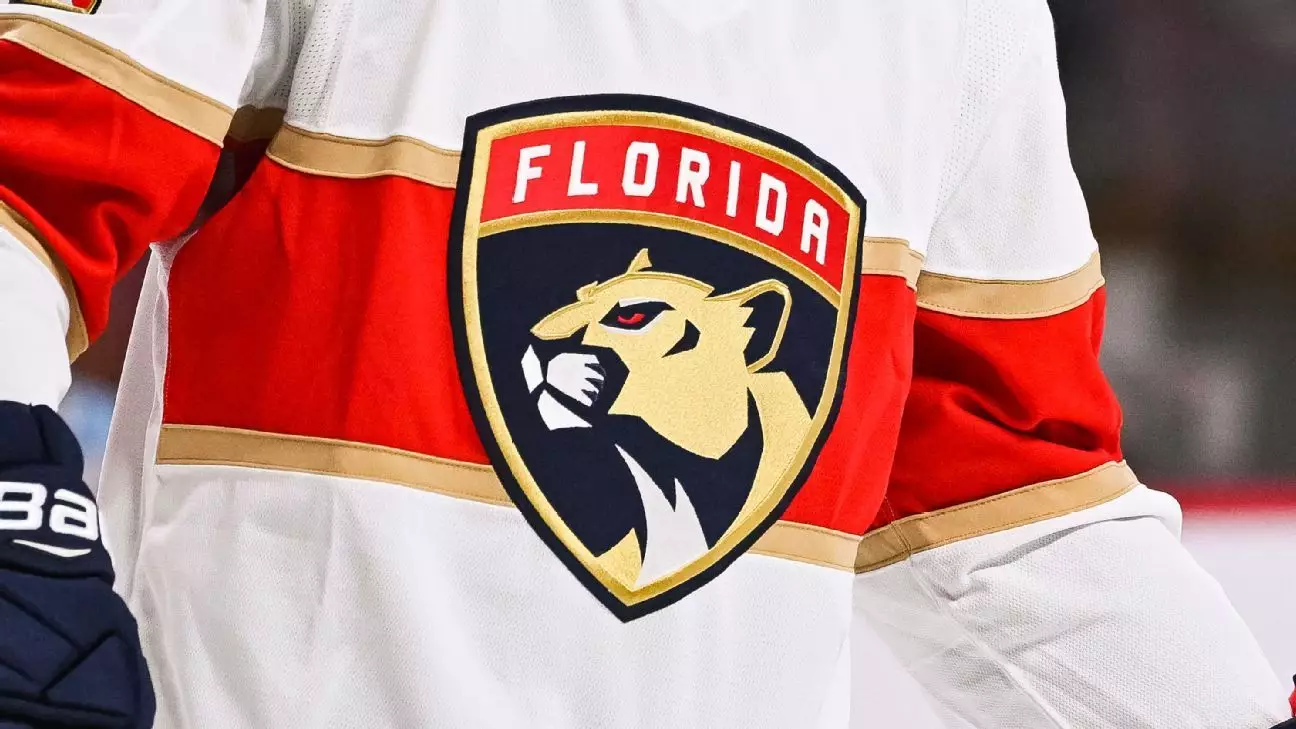Doug Cifu’s profile as a minority owner of the Florida Panthers once reflected success and ambition within the competitive landscape of professional sports. As the vice chairman and alternate governor of Sunrise Sports & Entertainment, Cifu played a significant role in the organization’s management and decision-making. His professional background as CEO of Virtu Financial—a major player in financial technology—further positioned him as a figure of authority capable of navigating high-stakes environments. However, his recent involvement in a social media uproar raises serious questions about the personal judgment that accompanies his professional accolades.
A Misfire on Social Media
In an age when social media serves as both a powerful communication tool and a potential minefield, Cifu’s decision to engage publicly with fans ignited controversy over boundaries and accountability. The incident stemmed from an exchange during a tense period in the NHL playoffs, particularly between his team, the Panthers, and their rivals, the Toronto Maple Leafs. Cifu’s confrontation with a Maple Leafs supporter was more than mere banter; it dragged in sensitive political discussions about the Israel-Palestine conflict and controversial rhetoric about Canada, which compelled observers to consider the weight of his statements beyond the context of hockey.
Perhaps most startling was the level of hostility exhibited in Cifu’s retorts. The abrasive nature of his comments not only displayed a rare lapse in professionalism but illuminated a troubling detachment from the responsibilities that accompany a public position in sports. Engaging in a bitter exchange with insults, particularly those invoking such deeply polarizing issues, suggests that he underestimated the implications of speaking out while in a prominent role. The gravity of those remarks would eventually cost him his standing within the NHL, demonstrating how swiftly public perception can change.
Consequences and Accountability
As anticipated, the backlash was swift. The NHL’s decision to suspend Cifu reflects a broader trend of intolerance for harmful discourse, particularly in environments meant to promote community and inclusivity. This suspension sent a significant message, signaling that the league does not condone behavior that strays from the core values it advocates. Notably, the NHL emphasized that Cifu’s online posts were “unacceptable and inappropriate,” echoing sentiments found throughout various professional sports organizations that strive to maintain a positive public image.
Cifu’s preemptive actions—first making his social media account private, followed by deactivating it altogether—underscore his recognition of the incident’s severity. His public apology to fans, stating that the remarks “do not reflect the standards of the Florida Panthers organization,” marks a desperate attempt to mitigate reputational damage. Yet the sincerity of such apologies often comes under scrutiny. The challenge remains: can individuals truly separate their public personas from personal beliefs or impulsive reactions online?
Reflection on Personal Responsibility
Beyond the immediate professional ramifications, Cifu’s situation implores us to reflect on the balance between personal expressions, identity, and responsibility. In an era when digital footprints can linger indefinitely, a moment of impulsivity has the potential to lead to lasting consequences. Whether Cifu’s remarks stemmed from genuine passion, frustration within the heat of competition, or something more deeply rooted in personal ideology, they illuminate the fine line public figures must tread. As leaders within their industries, descendants of position must consider that their voices carry weight, shaping societal narratives and influencing fans far beyond the realm of sports.
The incident challenges all involved—fans, players, and executives alike—to contemplate the need for empathy and awareness when engaging in dialogue, especially around contentious subjects. Advocacy for personal beliefs is valid, but the medium through which they’re presented warrants equal scrutiny.
The Largest Prize at Stake
This chapter in Cifu’s career, while troubling, also reflects a broader cultural awakening regarding accountability, particularly in the sports realm. The Florida Panthers stand at a significant juncture; they are the defending Stanley Cup champions, and a strong playoff run looms over the organization. How Cifu’s comments and their fallout affect team dynamics, public perception, and future partnerships remains to be seen. Yet, it is clear that as the Panthers strive for greatness on the ice, they must navigate the icy waters of public scrutiny off it—an endeavor fraught with both opportunity and peril.


Leave a Reply